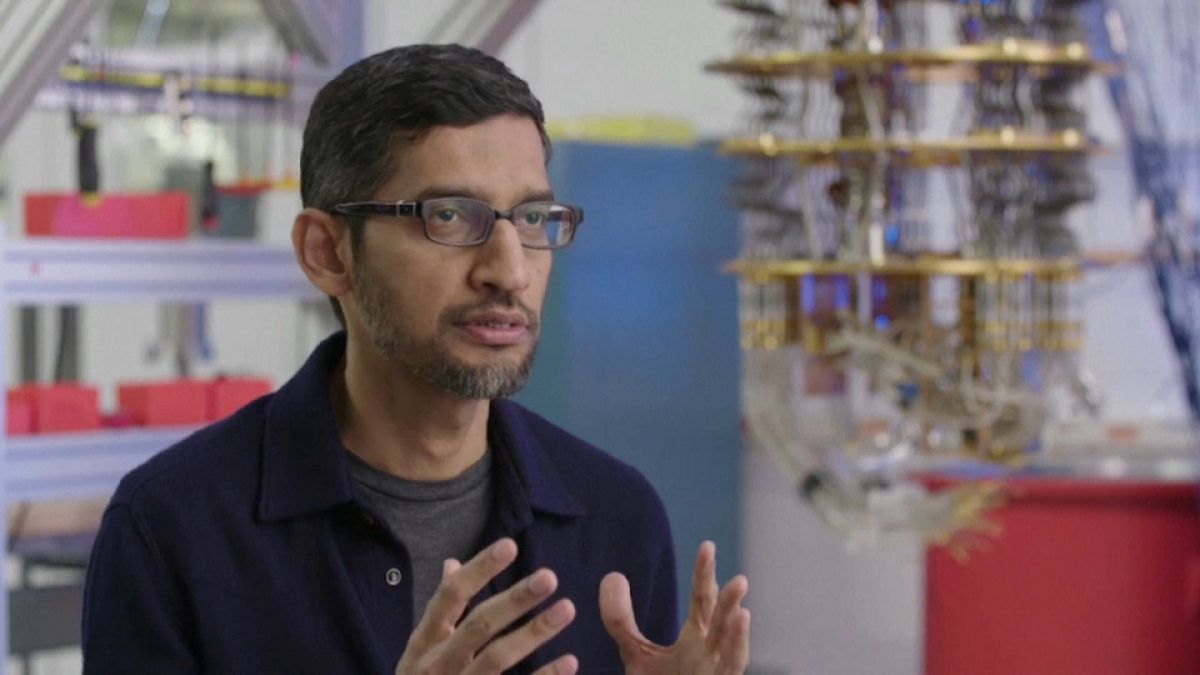Google says its so-called quantum computer solved a problem in minutes that would take today's best supercomputer thousands of years to crack.
Google said on Wednesday it had achieved a breakthrough in computer research, by solving a complex problem in minutes with a so-called quantum computer that would take today's most powerful supercomputer thousands of years to crack.
Official confirmation of the breakthrough in quantum computing came in a paper published in science journal Nature, after weeks of controversy following the leak of a draft, over whether Google's claim of "quantum supremacy" was valid.
Computer scientists have for decades sought to harness the behaviour of sub-atomic particles that can simultaneously exist in different states - in contrast to the "real" world that people perceive around them.
So, whereas traditional computing relies on bits, or ones and zeros, quantum computing uses quantum bits, or qubits, that can be both one and zero at the same time.
This property, called superposition, multiplies exponentially as qubits are connected to each other. The more qubits that can be strung together, the vastly more powerful a quantum computer becomes.
But there's a catch: Quantum researchers need to cool the qubits to close to absolute zero to limit vibration - or "noise" - that causes errors to creep into their calculations. It's in this extremely challenging task that Google's research team has made significant progress.
CEO Sundar Pichai compared the achievement to building the first rocket to leave the Earth's atmosphere and touch the edge of space, an advance that brought interplanetary travel into the realm of the possible.
"For many years, practical quantum computing was only theoretically possible. Google's team has proven it can work. This is the "hello world" moment for quantum computing that many of us have been waiting for," Pichai said in footage released by Google that also showed the CEO touring the company's quantum computing lab.
While the peer-reviewed research has drawn plaudits, with MIT's William D. Oliver comparing its findings in Nature to the Wright brothers' first flights, sceptics say Google is over-selling its achievement.
Researchers at IBM , Google's main quantum computing rival, said a supercomputer with additional disk storage can solve the random number problem in at most 2-1/2 days, with greater fidelity - or accuracy.
They also said Google risked misleading the public by implying the new-style computers would replace existing ones.
